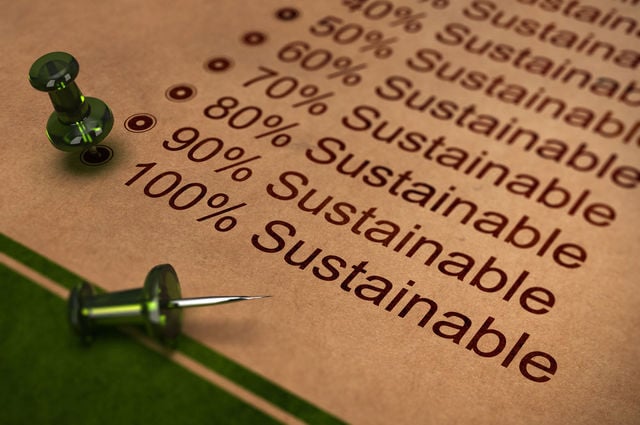How can sustainability be communicated beyond clichés and greenwashing?
31 experts shared their view
Both clichés and greenwashing are amongst the biggest traps to fall into when communicating sustainability. A "let's save the world" claim and tacky towel policy stickers are superficial and unappealing and could be a turn-off to the small group of environmentally and socially-conscious consumers. Green certification and lengthy, detailed corporate sustainability reports may (potentially) be of interest to a small niche group of highly activist consumers, who may not buy into that type of corporate hospitality in any case. However, there is a growing number of informed travelers: Those in search of genuine wellbeing and meaningful experiences at no (or as little as possible) cost to the planet. What works and what doesn't work in communicating sustainability? Any recommendations in regard to communication entering this critical decade?
I believe communication needs to become much easier to relate to. Cards left on top of bed about how the hotel cares about the environment by not changing your sheets or mentioning environmental certifications such as the ISO14000 family on the company website mean very little to consumers. The question is how these actions and certificates relate to the real world. I would argue that communicating sustainability in the future needs to be:
Real - Instead of purely focusing on actions, explain the concrete impact these actions are making.
Relevant - Provide context. There are very few people who understand the relevance of a ton of carbon for example. This put in a context of a distance driven or flown is much easier to relate to.
Positive - People who are spending a significant part of their savings to travel do not want to feel guilty about it. Instead, focus on the positive impact made by them spending money on a hotel stay.
Most importantly, there of course needs to be something to communicate. If little action is taken to become more sustainable, no communication trick will rectify this. As the question stated; “there is a growing number of informed travelers: Those in search of genuine wellbeing and meaningful experiences at no (or as little as possible) cost to the planet”.


